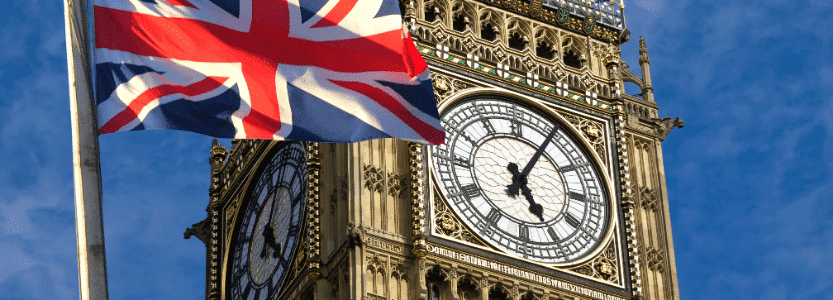Rishi Sunak announces tax cut for 30 million workers
Updated 12th January 2023 | 3 min read Published 23rd March 2022

Chancellor Rishi Sunak has just revealed in the 2022 Spring Statement that the National Insurance threshold will be raised, providing 30 million workers with a tax cut.
Today’s statement was described as a plan to help families with the cost of living, create conditions for higher growth and share the fruits of that higher growth with the people.
How are National Insurance contributions (NICs) changing?
As part of the three-point tax plan, that aims to reduce and reform taxes, the first and most immediate change is that the threshold people earn before paying National Insurance is increasing.
Sunak explained, “from this July, people will be able to earn £12,570 a year without paying a single penny of income tax or National Insurance.”
This threshold increase will amount to a £6bn personal tax cut for 30 million people across the UK, equating to over £330 a year for employees.
“The largest increase in a basic rate threshold ever and the largest single personal tax cut in a decade,” the Chancellor added.
What is happening with the Health and Social Care Levy increase?
Despite criticism and backlash from business owners and MPs, the Chancellor confirmed that the Health and Social Care Levy increase will still go ahead.
From April 2022, working-age employees, self-employed and employers will see their NICs increase by 1.25%.
Sunak explained that the incoming levy is necessary and ‘needed now’ to pay for NHS and social care spending.
We cover the Health and Social Care Levy increase further in our recent blog – read here.
What other changes did the Chancellor announce?
Alongside the NICs threshold increase, the Chancellor announced a wide array of other upcoming changes aimed at supporting businesses and workers.
Employment training
Attention was later turned to issues around employment training in the private sector, with Sunak stating that a review will take place as part of the Government’s new tax plan.
In particular, the Apprenticeship Levy – a tax placed on major companies to pay for training – will be assessed as many question whether it’s ‘doing enough’.
Employment Allowance
Small businesses will see an immediate change to Employment Allowance with it increasing to £5,000, which provides half a million small businesses with a tax cut worth up to £1,000.
Research and development spending
A Government pledge was announced to reform the tax credits for the money spent on research and development, with details coming in the Autumn Budget.
Business investment tax
Also proposed is a cut to tax rates on business investment regarding people, capital and ideas, with full details coming in the Autumn Budget.
Business rates discount
Starting next month, those in the retail, hospitality and leisure sectors will see a 50% year-long discount on business rates.
Future tax cuts
The Chancellor exclaimed, “over time, I want to go further.”
In his final announcement, Sunak stated that before the end of his parliament in 2024, the basic rate of Income Tax will be cut from 20p to 19p in the pound.
The overall impact of this future change will be a £5bn tax cut for over 30 million people.
What do these changes mean for businesses?
Following the dramatic threshold change, payroll systems will require updating before July to ensure businesses are paying employees the correct amount.
Our in-house payroll experts are working with HMRC to ensure all our software – which you can find here – are up to date and compliant.








